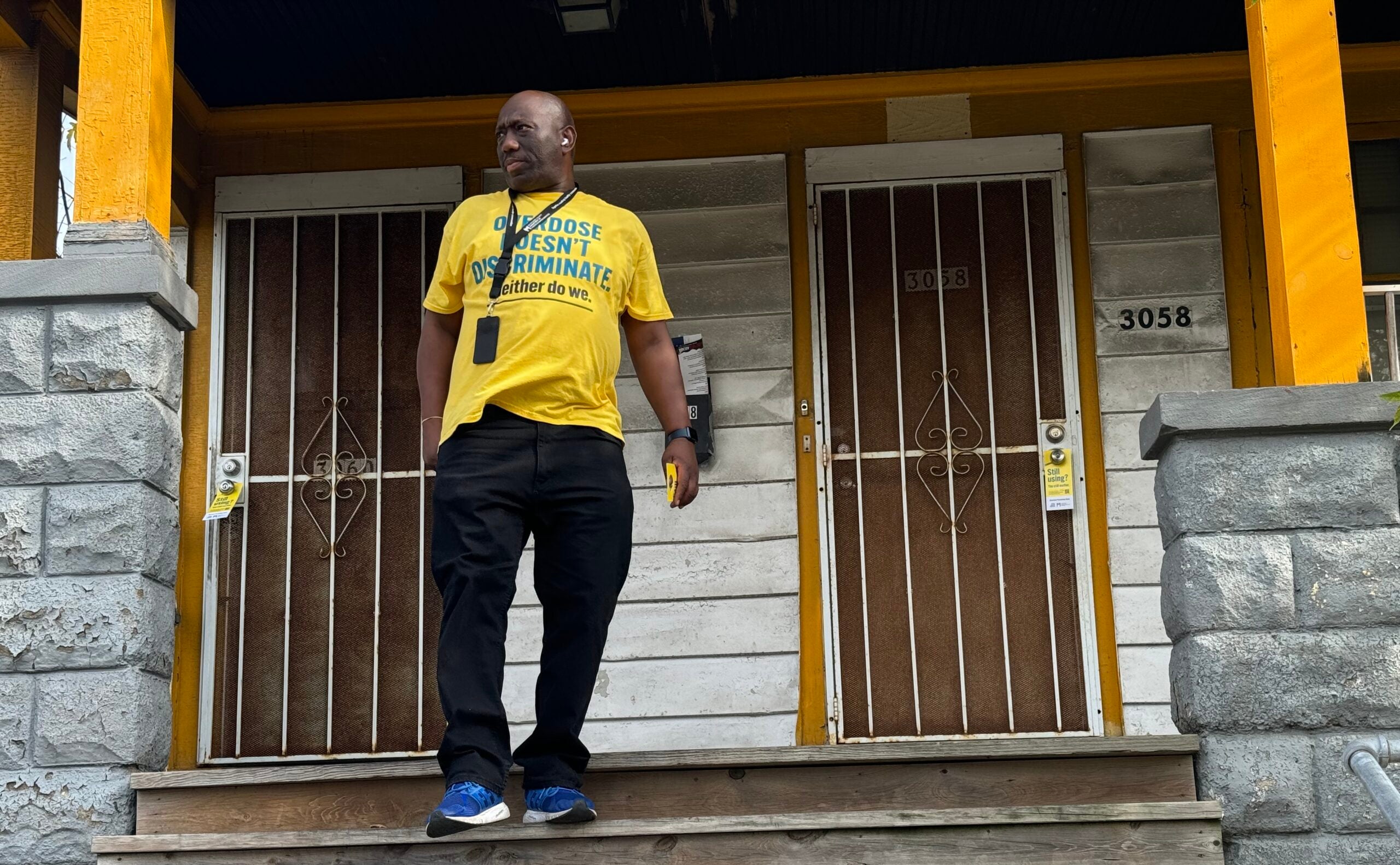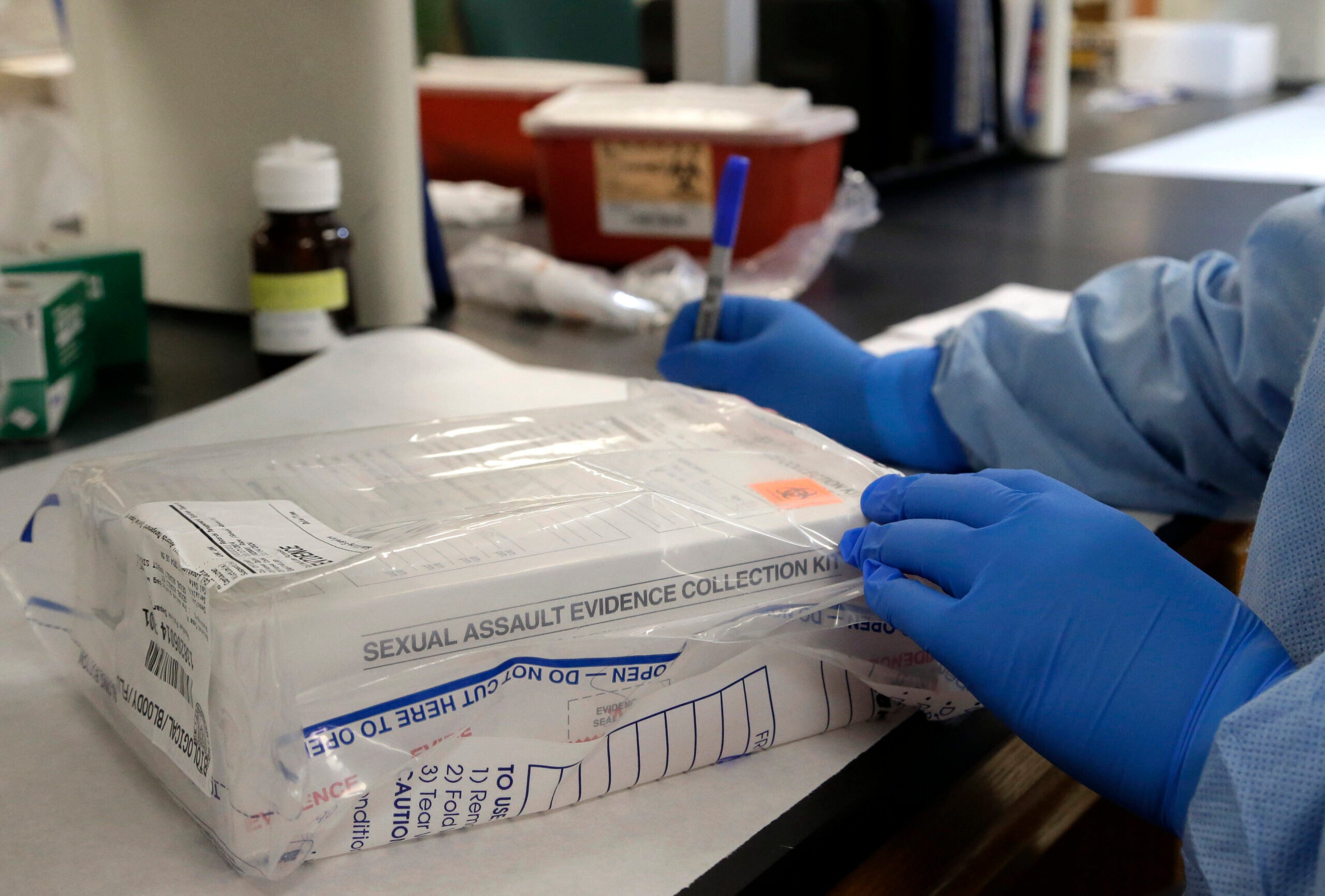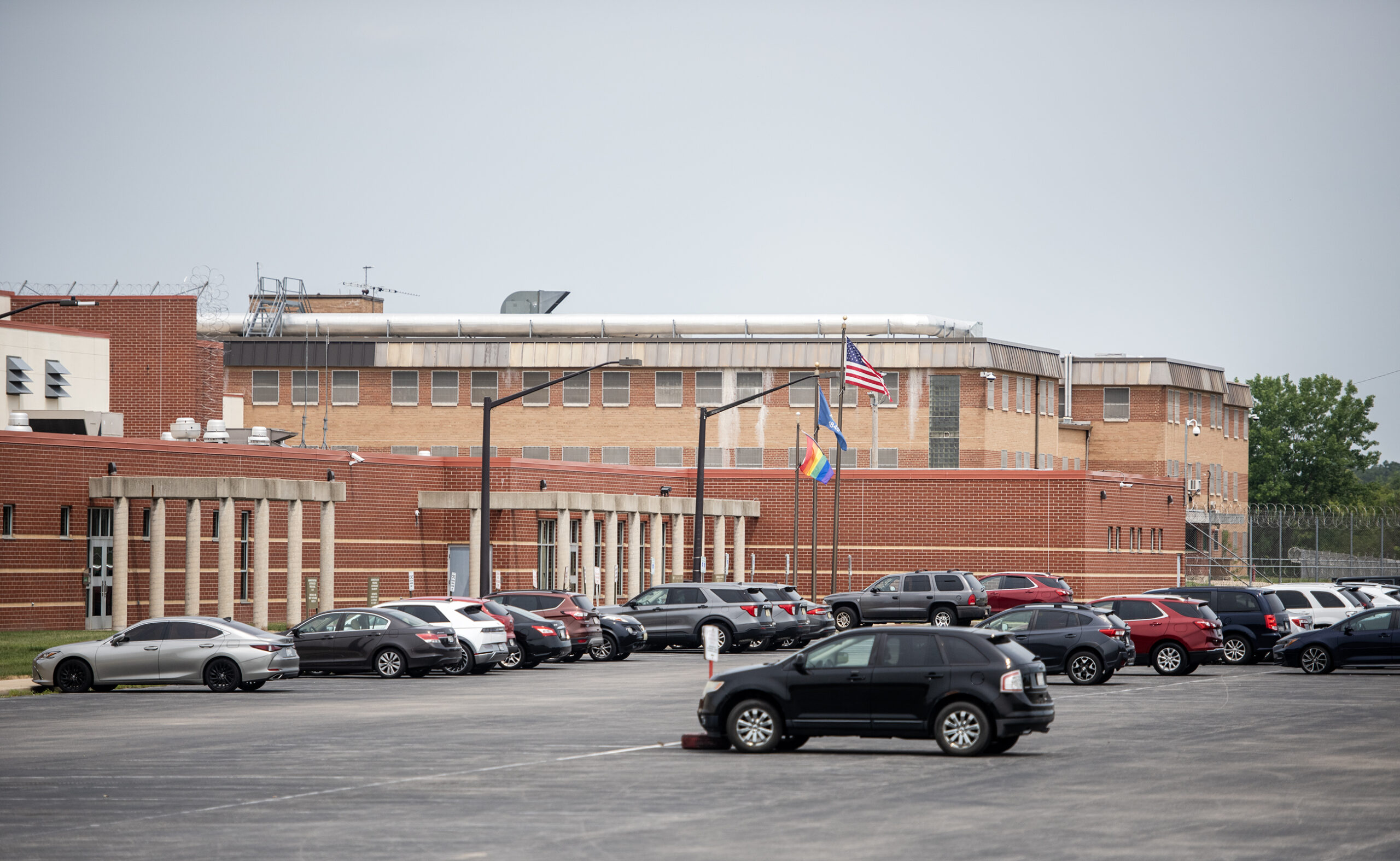Several law enforcement agencies in Wisconsin are looking to connect people with treatment rather than a jail sentence for drug-related offenses.
People who commit nonviolent offenses because of an addiction to opiates or methamphetamine will be offered a choice between jail or rehab under a statewide pilot program. The Wisconsin Department of Justice is making around $261,000 available to the Superior Police Department, Sauk Prairie Police Department and Door County Sheriff’s Office for the two-year project. People who come into contact with these agencies, possibly through arrests or welfare checks, can be referred to the program.
Superior Police Chief Nick Alexander said Douglas County residents who take part in the program would not be charged with a crime if they successfully complete treatment.
News with a little more humanity
WPR’s “Wisconsin Today” newsletter keeps you connected to the state you love without feeling overwhelmed. No paywall. No agenda. No corporate filter.
“If you don’t follow through, we are going to issue a warrant for the original offense, but I do think it’s going to be able to put a lot of people in contact with the resources that they need,” Alexander said.
The Superior Police Department is contracting with the Lake Superior Community Health Center to provide treatment, said Betsy Byler, the center’s director of behavioral health and substance use services for Wisconsin. She said the center will offer medication-assisted treatment, therapy and primary care based on the person’s needs.
“We’re looking at those things as well as doing case management and talking with them about food insecurity and housing and other things that are involved in rebuilding their lives and building a life that’s worth living sober,” she said.
The cost of treatment would be covered by grant funding, private insurance or Medicaid.
“If their assessment indicated they needed help that couldn’t be provided locally, then we would make the arrangements for them to go to Eau Claire or some residential care facility and pay for it,” Alexander said.
The idea is to provide people with resources to treat their addiction and reduce recidivism, said Regina Baldwin, criminal justice program manager for Sauk County.
“The idea that we’re not using resources in the police department to deal with calls, such as welfare checks,” she said. “Obviously, the police are there to provide a service as well, but what we see when we look at numbers is that there’s a small percent of the population that use a large amount of the resources.”
Baldwin said they’re expanding the program to accommodate referrals from all of Sauk County.
“I think that with Sauk County being rural … we have limited treatment providers,” Baldwin said. “We have difficulty with transportation. We have difficulty with housing so to get people engaged and maintain them in treatment is difficult.”
People who have not been charged with a crime may also utilize the program.
Wisconsin Attorney General Brad Schimel said in a statement that treatment and diversion programs are the best thing the criminal justice system has ever done.
“Yes, jail and prison are sometimes necessary parts of our approach to punish crime, but confinement alone will not change a person’s disease or their behavior. Treatment and diversion programs like this one utilize accountability and an opportunity to earn a second chance,” Schimel said in the statement. “This approach ultimately makes our communities safer and healthier. Since 2015, DOJ has worked hard to not just increase treatment and diversion programs, but to make them more reliable and effective through data collection, training, and statewide standards.”
Wisconsin Public Radio, © Copyright 2025, Board of Regents of the University of Wisconsin System and Wisconsin Educational Communications Board.






